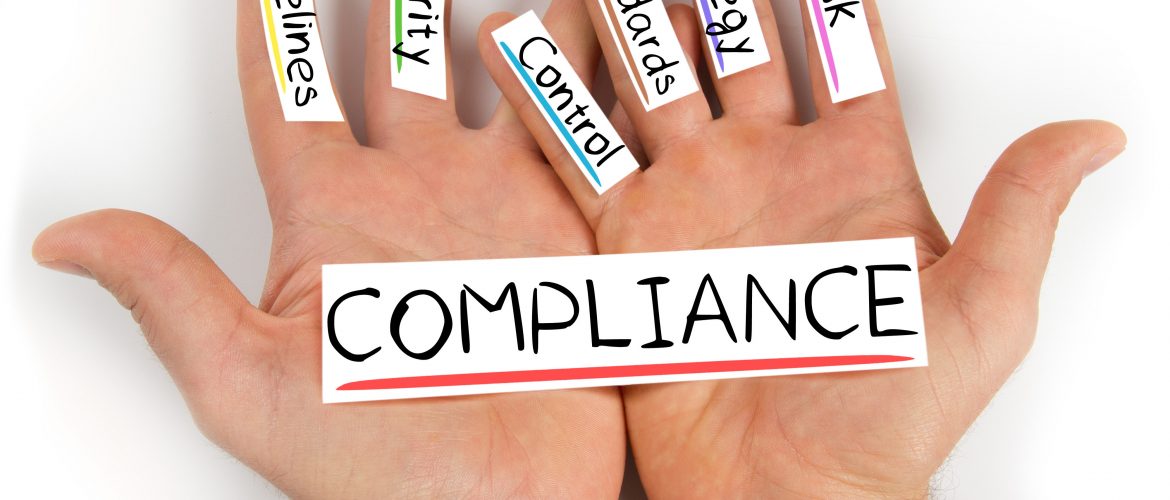Jeannine LeCompte, Publishing and Research Coordinator
The annual assessment of the compliance and ethics program of long-term care facilities which use Medicare or Medicaid must include a complete review of all monitoring, reporting, and investigative aspects of the company’s written policies. The assessment must be able to show that the facility has written programs in place which will ensure that all operational procedures are in line with the company’s compliance and ethics program.
Anonymity and confidentiality should be a cornerstone of any monitoring program. The assessment should state clearly how the reporting system works and how staff, vendors, or suppliers are able to make use of a reporting or whistleblower system without fear of retaliation. This reporting system must also be easily accessible to all staff and any others wishing to make use of it.
In addition, the assessment must be able to show how the facility has processes in place which continually monitor all operations for potential or ongoing violations of any applicable laws or regulations.
An annual compliance and ethics assessment must be able to demonstrate that ongoing risk assessment programs are taking place, and that a workplan has been developed and is up-to-date, based on the most recent risk assessment.
For this purpose, the assessment must be able to show that continuous compliance audits are conducted and that such audits are regularly analyzed and benchmarked for comparison. If audits are conducted by external bodies, a full summary of such reports must also be included in the assessment.
It is also important to demonstrate that all reports or violations detected by monitoring audits are acted upon in a timely manner. This can be done by written records showing the time lapse between reporting and the conducting of investigations.
An assessment must also be able to show how corrective action plans for any violations have been implemented, and how feedback to all relevant parts of the organization and any authorities in question has been conducted.
With regard to investigations, the assessment must be able to show that all reports of violations have been studied in a fair, objective, and discrete manner. All investigations should have been conducted by qualified personnel, and action should have been taken within the shortest period of time to either halt or mitigate any violations. All investigative records must be maintained and made available for inspection upon request.
Finally, it is always worthwhile to consult with a professional compliance and ethics specialist to ensure that all programs and assessments are fully compliant with the law.















































